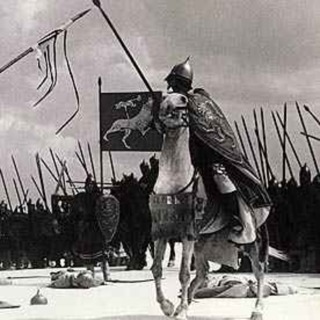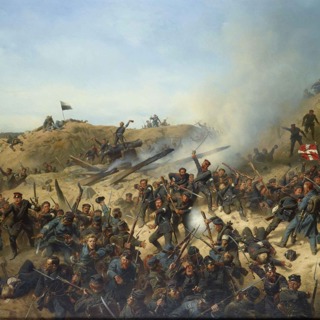
69.2 Schleswig War of 1864
When in November 1863 King Frederick VII of Denmark died, a dispute arose over who had a legitimate claim to rule over the Duchies of Schleswig and Holstein. Otto von Bismarck saw this as a great oppo...
26 Aug 202223min
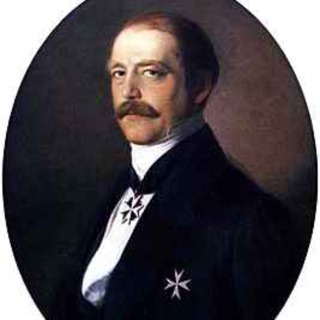
69.1 Schleswig War of 1864 - Background
A border dispute between the German Confederation and the Kingdom of Denmark in the regions of Schleswig and Holstein breaks out into an inconclusive war in 1848-1850, and tensions remain into the 186...
19 Aug 202223min
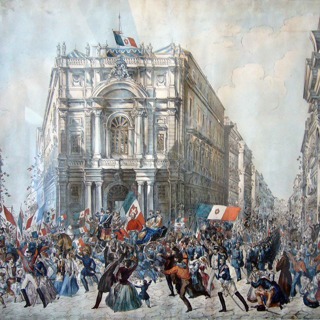
68.2 War of Italian Unification
Napoleon III of France and Cavour, chief minister of Piedmont come to an agreement to try to remove Austrian influence from the Italian peninsula, and provoke Vienna into war. One of the largest battl...
29 Jul 202233min
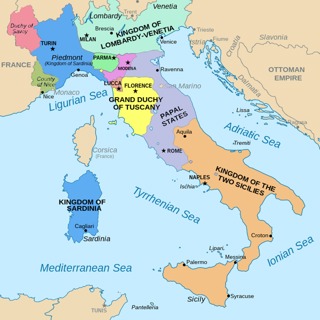
68.1 War of Italian Unification - Background
The Napoleonic Wars had a dramatic impact on Italy, completing redrawing boundaries. Even though the French were defeated, many of their political reforms were to be both profound and long-lasting. An...
22 Jul 202224min
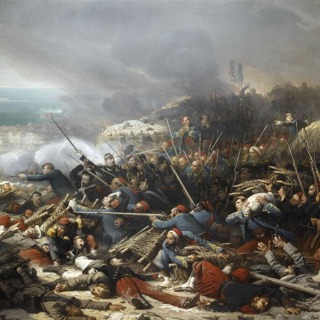
67.4 Crimean War - Siege of Sevastopol
An allied army of British, French and Italians besiege the Crimean port of Sevastopol in late 1854. Fighting also took place in the Baltic Sea and in the Far East, and in the Caucasus mountains at the...
24 Jun 202227min
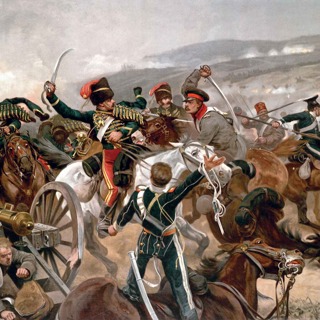
67.3 Crimean War - Russia invades Moldavia and Wallachia
The Russians invade Moldavia and Wallachia (in modern day Romania) and destroy the Ottoman Black Sea fleet at Sinop. Under public pressure, the French and British governments, concerned about growing ...
17 Jun 202223min
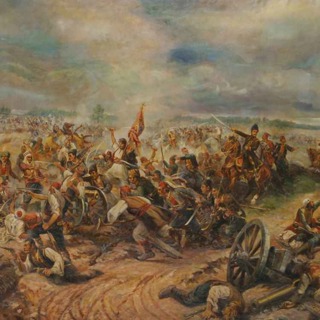
67.2 Crimean War 1853 - Beginning
The Ottoman Sultans attempt to reform their army and state, under pressure from outside powers, most notably Tsar Nicholas I of Russia, who lays claim to protecting Orthodox Christians within the Otto...
10 Jun 202225min
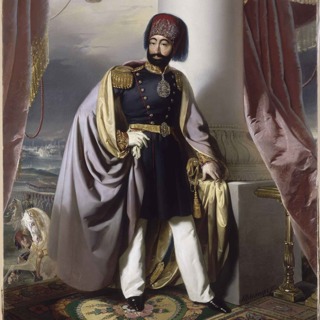
67.1 Crimean War 1853 - Background
The powers of Europe, especially Britain and France are concerned by the decline of the Ottoman Empire and growing power and ambition of Russia. This episode focuses on the problems of the Ottoman Sul...
3 Jun 202225min
